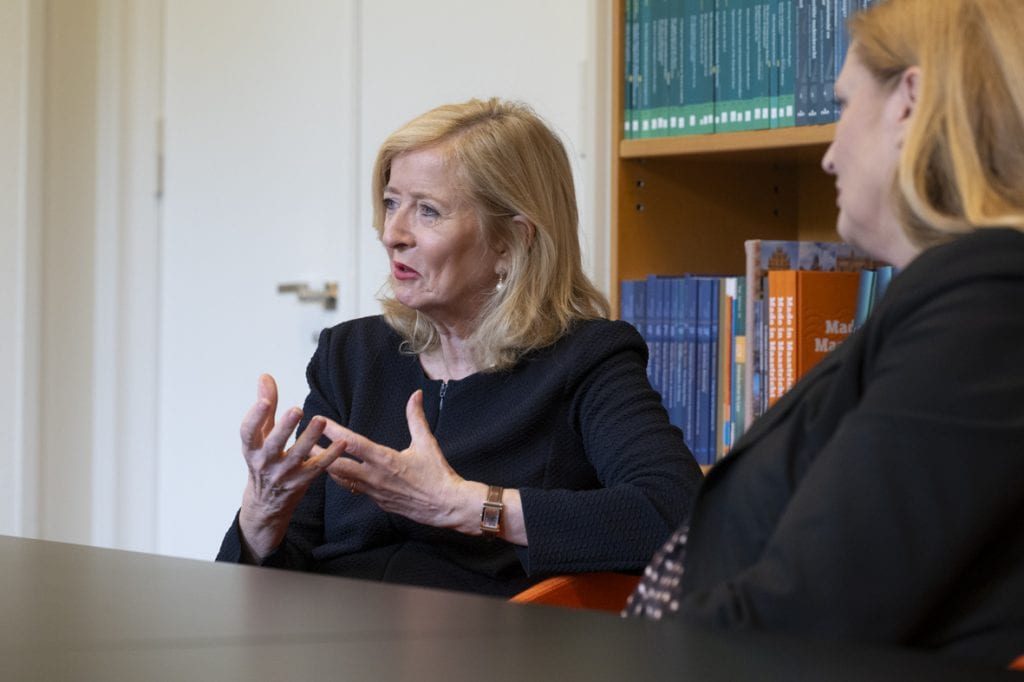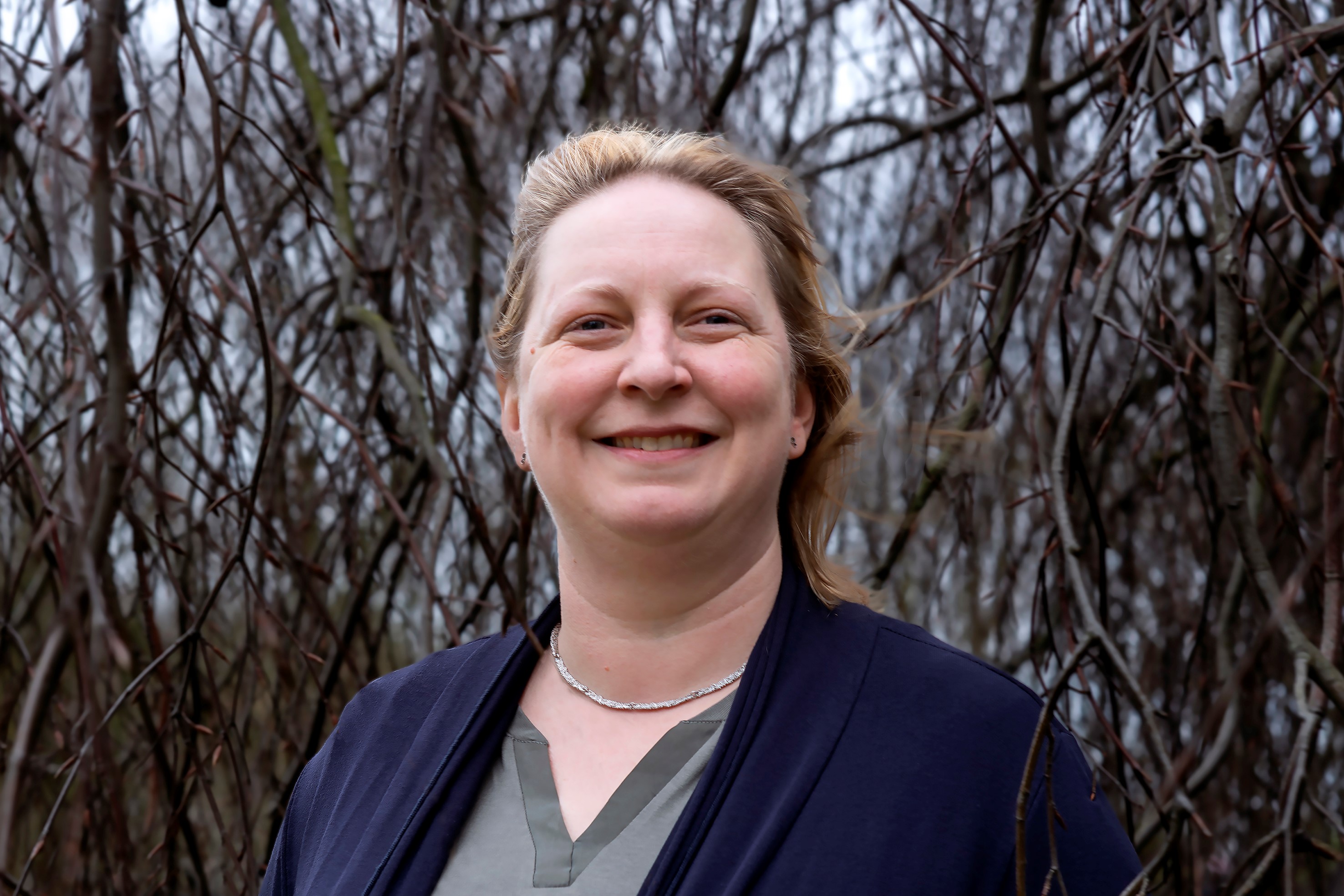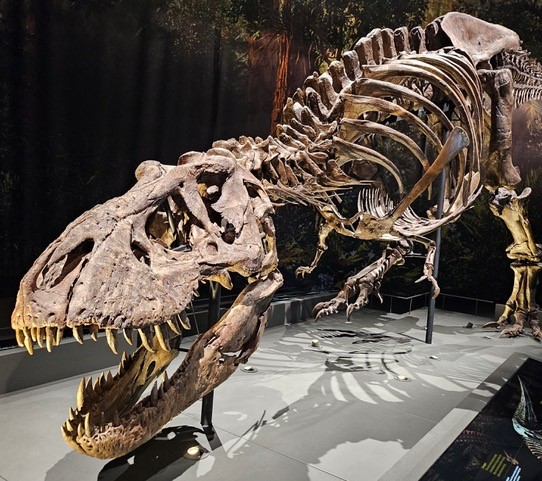MCICM and The Plant host workshop on digitality in classical music
The Maastricht Centre for the Innovation of Classical Music hosted the workshop ‘Digital tech meets classical music’ together with The Plant at the Faculty of Arts and Sciences on 30 May 2024. Participants included researchers and students from FASoS, teachers from Conservatorium Maastricht and Zuyd University as well as MCICM researchers.
During the workshop, participants discussed how technology is used in their everyday practice and how these could be developed to create a meaningful impact. There are already many technologies available that help musicians especially while they prepare for a concert, however, these also come with some setbacks such as becoming overly dependent on these technologies.
After the discussion, participants explored three technologies: virtual reality, sound sensors and RPi. With these experiences, participants further discussed how these experiences help their practice, how they see this working and not working for practitioners and audiences, and what future technologies could explore.
We are very grateful for the kind hospitality of The Plant at FASoS for helping us plan and execute this workshop, and we look forward to developing a follow up workshop in the future.

Also read
-
Emily O’Reilly has held the position of EU Ombudsman for over a decade, ensuring the transparency of the EU institutions by investigating high-profile cases of maladministration and promoting good governance. On June 20, 2024, she gave a keynote address at the conference “Between narratives and...
-
"I am proud that our new Circular Plastics group published its first completely in-house research," Kim Ragaert says. She founded the research group three years ago, when she moved to Maastricht. Her work has laid the foundations for many innovations in the field of plastic recycling, and she is...
-
Article "T. rex is Fierce, T. rex is Charismatic, T. rex is Litigious: Disruptive Objects in Affective Desirescapes" by Donna Yates and Emily Peacock presenting T. rex fossils as disruptive objects that can drastically influence the actions and reactions of humans that encounter them.


